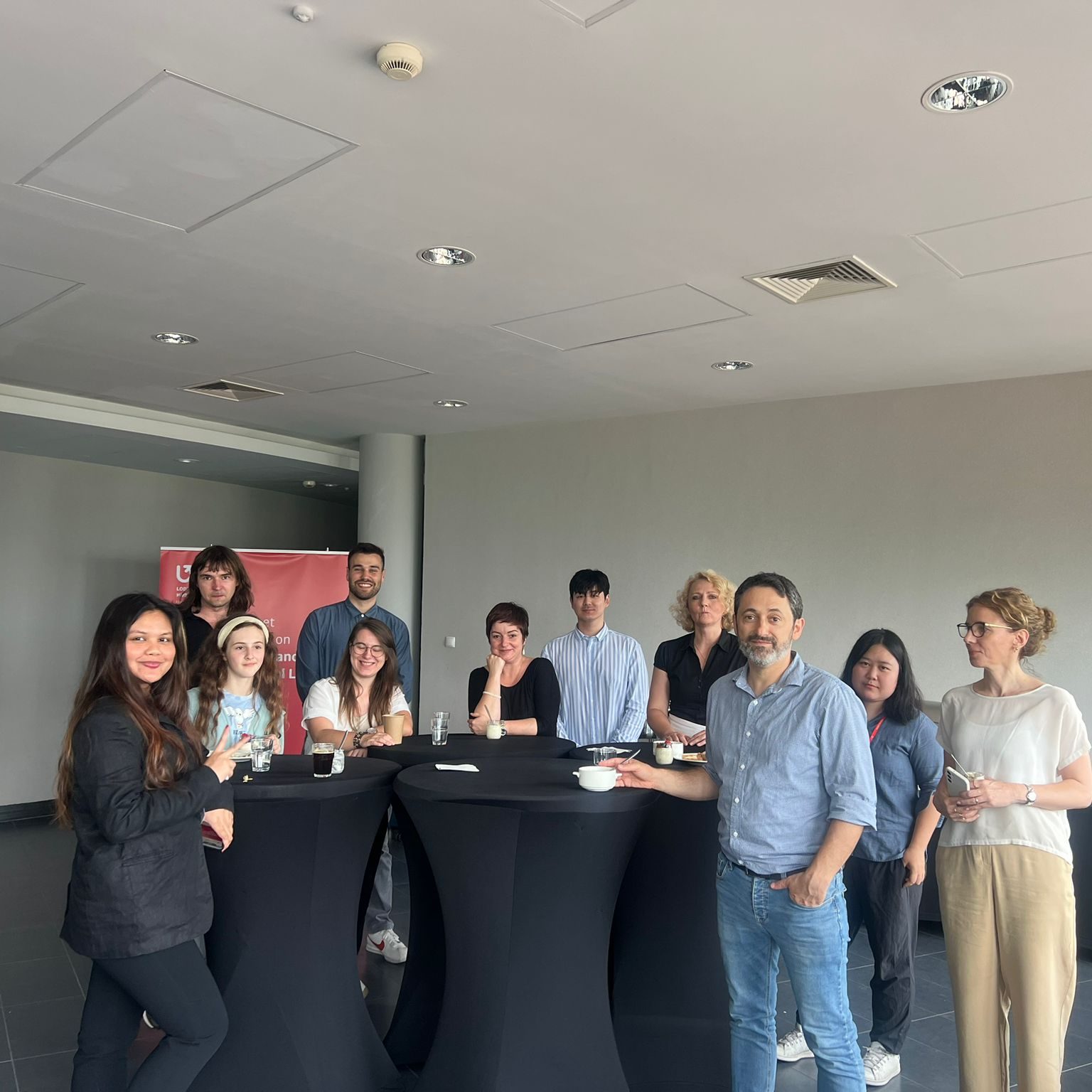Grant Program
Research Grants
Grantee Name
Joanna Kulesza and Berna Akcali Gur
Grant Start Date
25 October 2023
Grant End Date
24 April 2025
Amount Funded
$192,025.00
Region
Global
RESEARCH QUESTION
The main research question of the project is: How can international and multi-stakeholder forums effectively address transnational data governance concerns, promote open and trustworthy Internet policy objectives, and bridge the capacity divide between the Global North and the Global South in the context of newly enhanced satellite Internet capabilities? Through answering this question, the research explores how stakeholders can effectively address transnational data governance concerns in order to ensure that the newly enhanced satellite Internet capabilities align with the objectives of an open and “trustworthy Internet” policy.
WHY IS THIS RESEARCH IMPORTANT?
Satellite constellations in low earth orbit (LEO) are increasingly vital for providing high-speed, low-latency connectivity with minimal terrestrial infrastructure, especially in underserved regions. However, meaningful connectivity must be accessible, relevant, affordable, safe, trusted, user-empowering, and impactful. By focusing on the trustworthiness of satellite broadband technology, the research aims to balance competing interests and contribute to global debates on cybersecurity and data governance.
This research aims to analyze why satellite broadband may not meet users’ expectations with reference to the trustworthiness objective-related policies of each stakeholder and set out their limitations, considering the current regulatory fragmentation and geopolitical tensions and their impact on the users’ satellite broadband access, especially in the developing countries, through reference to the UN Sustainable Development Goals, particularly SDG 9 (Industry, Innovation, and Infrastructure) as well as SDG 10 (Reduced Inequality), SDG 11 (Sustainable Cities and Communities) and SDG 17 (Partnerships to achieve the goal). Considering its significant enabling function to realize all SDGs, meaningful connectivity has also been referred to as SDG Zero (Roesch 2021). In that context, the findings of this research will also be relevant to the right to education and free work and contribute to the understanding of SDG 4 (Quality Education) and SDG 8 (Decent Work and Economic Growth).
METHODOLOGY
The methodology for this project includes extensive desk research and interviews with key stakeholders from both developing and developed countries (civil society, government, and business). This research will delve deeper into the subject matter, specifically focusing on enhancing comprehension of how international law pertains to broadband satellite data flows and governance. To ensure inclusivity, the project seeks to actively engage with selected stakeholders from civil society, government and business, particularly those from developing countries, to gather their insights on the most effective approaches to capacity building in the realm of satellite Internet. Data collection methods will include interviews, desk research, workshops, and case studies. This multifaceted approach ensures a robust examination of transnational data governance and satellite Internet. Additionally, the project will develop an open-source handbook explaining the application of international law to broadband Internet satellites and organize a week-long summer school for Internet end-users and government officials from developing countries. Research findings will be disseminated through conference presentations and peer-reviewed publications to reach a broad audience and contribute to the advancement of transnational data governance and trustworthy Internet policy objectives.
MEDIA AND PUBLICATIONS
See below for research publications and other articles related to the research.

